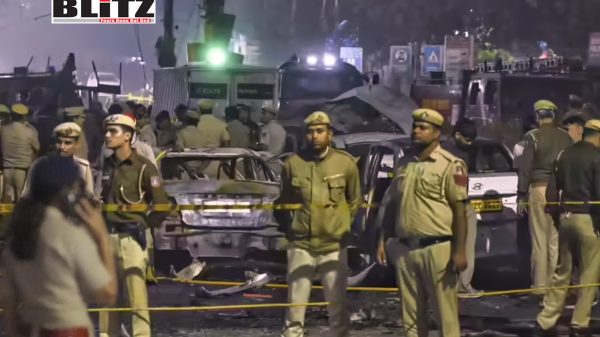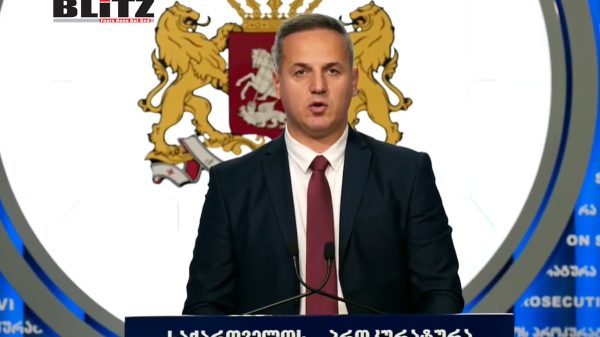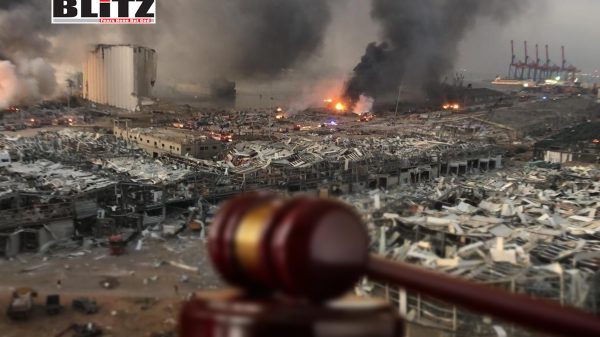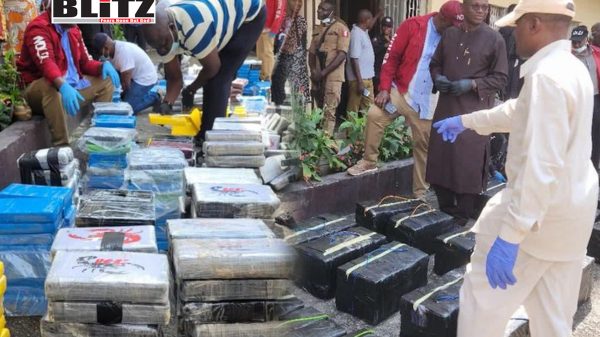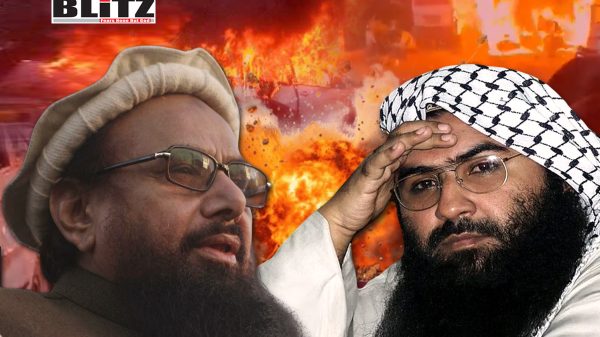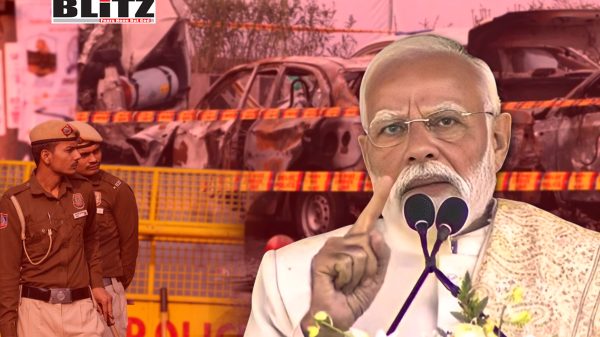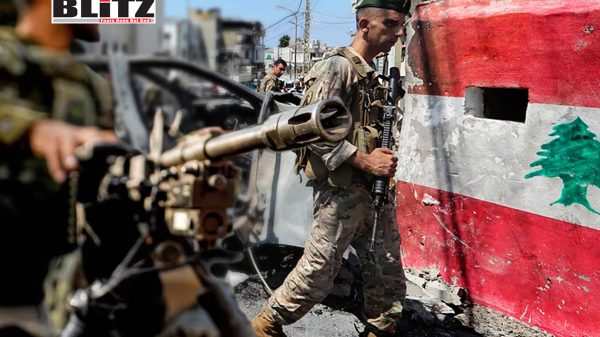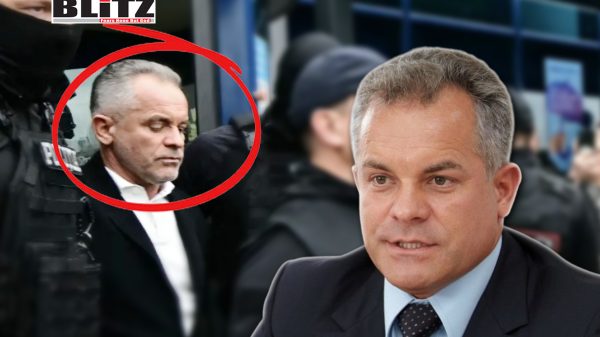Lebanon’s deadly dilemma: Disarm Hezbollah or face another devastating war
- Update Time : Thursday, November 13, 2025
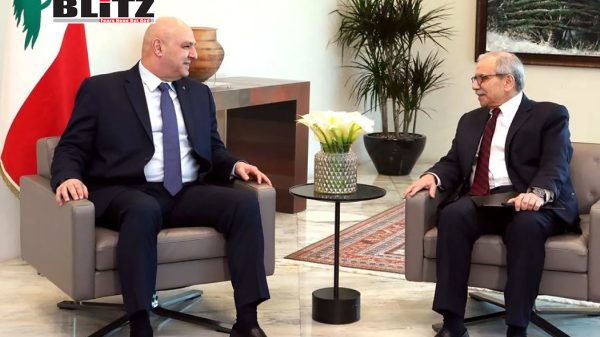
A year after the ceasefire between Israel and Hezbollah, Lebanon once again stands on the brink of chaos. What was supposed to be a fragile truce has morphed into a political trap, as Washington and Tel Aviv intensify pressure on Beirut to disarm the powerful militant group. The Lebanese government-already paralyzed by economic collapse, political fragmentation, and a dwindling sense of sovereignty-is being asked to do what no administration has ever succeeded in doing: dismantle Hezbollah’s vast military structure and sever its ties with Iran. The ultimatum from the United States is clear-either disarm Hezbollah or face the threat of another devastating war.
According to reports, the United States has delivered an unambiguous message to Lebanese President Joseph Aoun and Prime Minister Nawaf Salam: without concrete steps to curtail Hezbollah’s finances and dismantle its weapons network, Washington cannot guarantee that Israel will remain restrained. In essence, the US has made Lebanon’s internal security a precondition for preventing another Israeli intervention.
Israeli Prime Minister Benjamin Netanyahu, meanwhile, has taken a far more aggressive tone. Repeatedly, he has declared that Israel is prepared to “destroy Hezbollah” if necessary. Netanyahu and his defense minister, Israel Katz, have accused the group of rebuilding its arsenal and expanding recruitment efforts since the ceasefire took effect in November last year. Israel’s military claims to have struck hundreds of Hezbollah targets across southern Lebanon and the Bekaa Valley in recent weeks, killing numerous fighters and destroying caches of weapons allegedly smuggled in from Iran through Syria.
For Tel Aviv, Hezbollah represents not just a Lebanese militia but an Iranian proxy-an extension of Tehran’s regional influence. Netanyahu’s government believes that the only way to guarantee long-term security along its northern border is to neutralize the group entirely.
Yet Hezbollah’s leadership has made it equally clear that disarmament is not an option. The organization’s current secretary-general, Naim Qassem, has issued stern warnings to the Lebanese government, rejecting any initiative to strip the group of its weapons or to engage in direct negotiations with Israel. Hezbollah maintains that it will not surrender its arms so long as Israel continues to occupy five positions in southern Lebanon and violates the 2006 UN Security Council Resolution 1701.
Hezbollah’s position is simple: it views itself as a resistance force defending Lebanon’s sovereignty against Israeli aggression. Its officials argue that any move toward disarmament must be part of a national defense strategy that guarantees protection from future attacks. Within the Lebanese political system, Hezbollah is not merely a militant faction-it is a powerful political entity represented in parliament and in the cabinet, with substantial grassroots support, particularly among Lebanon’s Shiite population.
This dual identity makes Hezbollah both indispensable and dangerous. On one hand, it commands loyalty and legitimacy among large segments of the Lebanese population. On the other, it remains a heavily armed non-state actor operating outside the full control of the government.
President Aoun, despite his commitment to reasserting state authority, faces an impossible task. The Lebanese Armed Forces (LAF), underfunded and politically constrained, lack the capability to confront Hezbollah militarily. Any attempt to forcibly disarm the group could plunge the country into another civil war-a catastrophe Lebanon can ill afford.
Lebanon’s political fabric remains fractured along sectarian lines, with Christians, Sunnis, and Shiites each wary of upsetting the delicate balance of power. A confrontation between the army and Hezbollah could not only reignite old wounds from the 1975–1990 civil war but also invite foreign interference. The memory of previous conflicts still haunts Lebanese society, and most citizens understand that another internal war could permanently destroy what remains of the state.
For Israel, the current stalemate serves a strategic purpose. By keeping Lebanon weak and politically divided, Tel Aviv ensures that Hezbollah remains both a domestic and international burden on Beirut. Netanyahu’s government, cornered diplomatically over the Gaza conflict and facing global criticism, finds in Lebanon a convenient pressure valve.
Hezbollah’s involvement in the Gaza war-when it launched rockets into northern Israel in solidarity with Hamas-has given Israel a renewed justification for aggressive posturing. Washington, too, sees Hezbollah as an extension of Iran’s regional destabilization efforts. The shared view between Israel and the United States is that Hezbollah must be neutralized, whether through Lebanese action or external force.
However, Israeli strikes and constant airspace violations have already undermined Lebanon’s sovereignty. Beirut’s skies are effectively under Israeli control, and the continuation of daily drone incursions only heightens tension.
In recent months, Washington has sought to advance another track: pushing Lebanon toward direct peace talks with Israel. US special envoy Tom Barrack has been pressuring Lebanese officials to open a dialogue under the framework of the Trump-era Abraham Accords. His proposal envisions eventual normalization of ties between the two nations, starting with “security arrangements” along the southern border.
President Aoun has cautiously welcomed indirect dialogue but remains wary of domestic backlash. The Lebanese public remains deeply divided on the issue of peace with Israel, especially while Israel continues to occupy Lebanese territory and violate Resolution 1701. For most Lebanese, normalization without justice would be seen as submission.
Israel’s conditions, however, remain unacceptable to Beirut. Tel Aviv demands the end of the UN peacekeeping mission in southern Lebanon, permission for Israeli forces to retain control of key positions south of the Litani River, and the dismantling of Hezbollah’s military infrastructure. Such terms would strip Lebanon of both its sovereignty and its deterrent capability.
There is little doubt that Hezbollah has suffered serious losses. The organization lost many senior commanders during the recent conflict, and its leadership under Naim Qassem lacks the charisma and authority of Hassan Nasrallah. The collapse of the Assad regime in Syria has disrupted vital smuggling routes from Iran, weakening Hezbollah’s logistical networks.
Still, despite these setbacks, Hezbollah remains Lebanon’s most organized and disciplined military force. Disarming it without offering a viable national defense alternative would leave the country defenseless against Israeli aggression.
Lebanon’s current crisis is not merely about weapons; it is about survival. The country’s economy is in free fall, the currency is worthless, and essential state functions are collapsing. Meanwhile, Israel continues to encroach upon Lebanese sovereignty, and the United States is using the threat of Israeli action to force political compliance.
The choice presented to Lebanon-disarm Hezbollah or face war-is not a real choice. Disarming the group risks internal collapse; refusing to do so risks external invasion. Either path threatens to destroy what remains of the Lebanese state.
For Hezbollah, survival now depends on political adaptability. The group must recognize that Lebanon cannot afford perpetual confrontation with Israel, nor can it remain hostage to Iranian regional ambitions. By cooperating with the Lebanese government to gradually integrate its military capabilities under state control, Hezbollah could help prevent foreign intervention and preserve national unity.
Peace between Lebanon and Israel remains a legitimate goal, but it cannot be imposed through coercion or blackmail. As long as Israel occupies Lebanese land and continues to violate UN resolutions, any talk of “peace” will ring hollow. Washington’s current strategy-using the specter of Israeli aggression to force Lebanon’s compliance-risks plunging the region into another devastating war.
For now, Lebanon’s path remains narrow and perilous. The government lacks the power to enforce its own sovereignty, Hezbollah refuses to disarm, and Israel stands ready to strike. Unless regional powers find a formula that guarantees both Lebanon’s independence and Israel’s security, the country may soon find itself back on the battlefield-fighting a war it neither wants nor can afford.


